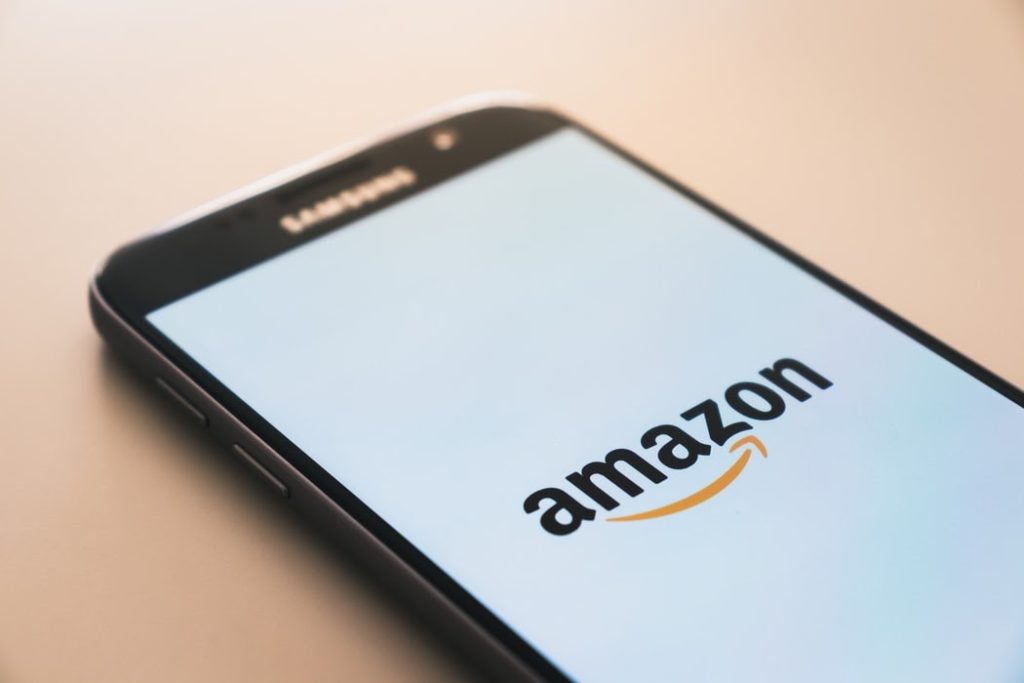At the moment, Amazon has operations in 16 countries, and ships to over 100 countries worldwide. According to TechCrunch, Amazon’s eCommerce market share in the US is 49%. In addition, nearly 75% of Amazon sellers in the US use FBA.
FBA (Fulfillment by Amazon) has become one of the most exciting ways to earn money online.
The significant fraction of sellers succeeding on Amazon FBA means that more sellers are going to tap into Amazon FBA. This, in turn, means that if you want to sell your Amazon business, now might be the perfect time.
In this article, we’re sharing some considerations and tips that will help you develop, optimize, and prepare your Amazon business for sale.
1) Get Your Numbers and Inventory Straight
Ensure that the Amazon business you’re selling is its own company, i.e. that it is not tied up with any other business you might have. You need to ensure that you have the books straight for just this business.
Consider removing any unnecessary overheads at least six months before listing your FBA business for sale. These can be travel costs, company vehicles, or office expenses. For valuation purposes, list only the expenses necessary to keep the business running successfully.
If you’re selling seasonal products, consider adding new products that might sell well during the low season. For instance, if your inventory consists mainly of winter clothing like hoodies and boots, consider offering beach clothing to help balance your cash flow and provide a stable income throughout the whole year.
Old stock that’s difficult to sell can also be an obstacle for potential buyers, so make sure to drop any such lines and concentrate on what’s bringing profit.
2) Document Your SOPs
If possible, document every task you do in a manner that allows even somebody with no experience to understand what you’re doing.
It’s important to list all your contractors and trained employees. People who already work for your business are a great asset that’s regarded as a bonus by potential buyers. Most buyers will want to keep them and use them to grow the business faster than they would otherwise be able to.
3) Move Your FBA Business Up the Value Chain
Amazon FBA businesses can be categorized into 3 groups: proprietary distributors, private labelers, and re-sellers.
Proprietary distributors develop new products and offer items that are different from what’s already on the market. Private labelers add their own brand to existing products. Resellers simply buy existing goods and resell them on Amazon.
If you decide to move your business up from reseller to a proprietary distributor, you will add more value and become less likely to be hurt by fierce competition.
4) Have Diversity
Having only a couple of products that come from only one supplier and sell in only one market can be regarded as a risk by potential buyers: a new competitor entering the market might easily reduce your customer base, or Amazon could remove your products for one reason or another.
If you want to build a successful business and sell it fast, you need to have multiple SKUs coming from multiple suppliers. Be careful though, having a large number of SKUs can be very hard to manage. Concentrate on the products that are making you money, but see that you have enough diversity to make sure your business is stable.
5) Choose Effective Suppliers
Ideally, you should choose effective suppliers that can manage your growth and allow you to expand into other markets.
Sign exclusivity contracts with your suppliers whenever possible. Experienced buyers will want assurance that they’ll be able to continue to source goods from the same suppliers at the same terms, so even though exclusivity contracts aren’t always strictly honored, they do provide additional value in the eyes of prospective buyers.
For popular products to which you can’t secure exclusive access, try to get favorable terms like better pricing and extended payment terms.
6) Be Present Outside Amazon
Building a website for your brand includes many benefits, such as earning affiliate commissions, attracting traffic to your Amazon listings, and developing brand value. Having a website also allows you to build a solid email list, which is highly appreciated by potential buyers as it can be used for future re-marketing efforts.
However, if you believe that you could use your time in a better way, such as adding new SKUs that could grow your sales, then building a website doesn’t have to be a top priority. It all comes down to what you believe is going to be most beneficial in the long run.
7) Leverage Social Media
Potential buyers consider social media following to be a nice bonus. It means that your business has a brand that is well established within the industry. And people like to buy from businesses they know and trust.
Growing a social media following takes time, so make sure to set up your social media pages early. A higher number of followers has a positive impact on the valuation multiple, i.e. the factor used to multiply a business economic benefit to arrive at an estimate of business value.
Final Thoughts
Well-developed Amazon FBA businesses have become an attractive investment opportunity for business buyers. These 7 tips will help you increase the value of your Amazon business before a sale. Even if you aren’t considering selling just yet, working towards increasing the value of your business is a smart move. At the very least, it can help you streamline your business and make it more profitable.


